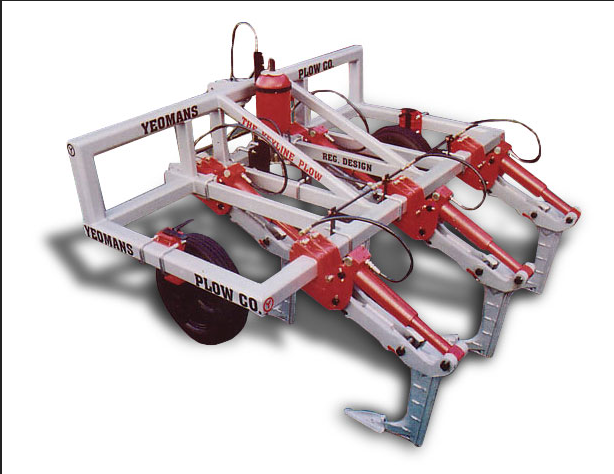Chile farmland is some of the most undervalued in the world
Post on: 16 Март, 2015 No Comment

Share on Facebook Twitter
June 18, 2013
Bio Bio Region, Chile
In the world of investing, theres a lot to be said for buying undervalued assets.
Occasionally the market provides some incredible opportunities to pick up high quality assets so cheap that, to paraphrase acclaimed investor Jim Rogers, all you have to do is walk over and pick up the money lying in the corner.
One of the benefits of traveling the world so extensively is that Im constantly exposed to these sorts of opportunities. And occasionally surprised when Im not.
When visiting Bangladesh a few weeks ago, for example, I was surprised that asset prices were so expensive. The Dhaka stock market index was trading at nearly 20x earnings hardly a bargain.
This only further solidified my view that Quantitative Easing in the West (specifically in the United States) has really taken a toll around the world in creating spectacular asset bubbles. But thats a different story.
Here in Chile, theres a number of asset classes that are undervalued. Ive been very vocal over the last year or two that farmland prices in Chile are some of the most attractive in the world.
For example, farmland with ultra-high quality soil can be had for $4,000 to 6,000 per acre or less. In the US and Europe, it can be 2-3 times that cost.
Not to mention, the taxes, labor costs, regulatory costs, and overall operating costs are much lower here.
Now, there are places in the world where farmland is cheaper. Africa. Argentina. Bolivia. But youre taking a lot more political risk. And in most of those cases, youre not going to find the same rich, volcanic soil and temperate Mediterranean weather.
As Im heavily involved in agriculture operations here, Ive made the apples-to-apples comparison (and blueberries-to-blueberries comparison as well). And Ive found that the profit per acre here is multiples higher than in the US or Western Europe.
Its possible, for example, to generate 40% to 50% unleveraged returns from high value perennials and 15% to 20% on seasonal crops like corn.
Given that farmland yields in much of the developed world are more like 2% to 4% (or less), its obvious that farmland in Chile is deeply undervalued and that farmland in the developed world is likewise overvalued.
Now, I really dont recommend that people try to rush down here and buy farmland. In fact, I strongly recommend against it. Most people are going to be taken to the cleaners.
The hard truth is that its -very- difficult to buy property here and the due diligence requirements can be exhaustive. I spent 9-months conducting due diligence before I closed on my first property in Chile. And there are few credible experts here whose opinions can be trusted.
The market here is very insular. Its not like being in North America or Europe where you can ask Google to serve up the answers on a neatly organized web page. It takes a LOT of boots on the ground effort.
Not to mention, there are numerous pitfalls for an absentee foreign owner of agriculture property in a country where s/he doesnt speak the language. And if it goes south, it can be a multi-million dollar mistake.
So as grand as the opportunity in Chilean farmland may be, the challenges are very real.

But theres something else down here that I think is an even bigger opportunity. Its easy to purchase, easy to own, and theres very little maintenance involved. And its, by far, one of the most deeply undervalued assets Ive ever seen.
Ill tell you all about it tomorrow
Our goal is simple: To help you achieve personal liberty and financial prosperity no matter what happens.
If you liked this post, please click the box below. You can watch a compelling video youll find very interesting.
Will you be prepared when everything we take for granted changes overnight?
Just think about this for a couple of minutes. What if the U.S. Dollar wasnt the worlds reserve currency? Ponder that what if
Empires Rise, they peak, they decline, they collapse, this is the cycle of history.
This historical pattern has formed and is already underway in many parts of the world, including the United States.
Dont be one of the millions of people who gets their savings, retirement, and investments wiped out.
Click the button below to watch the video.
Click Here to Watch the Video














